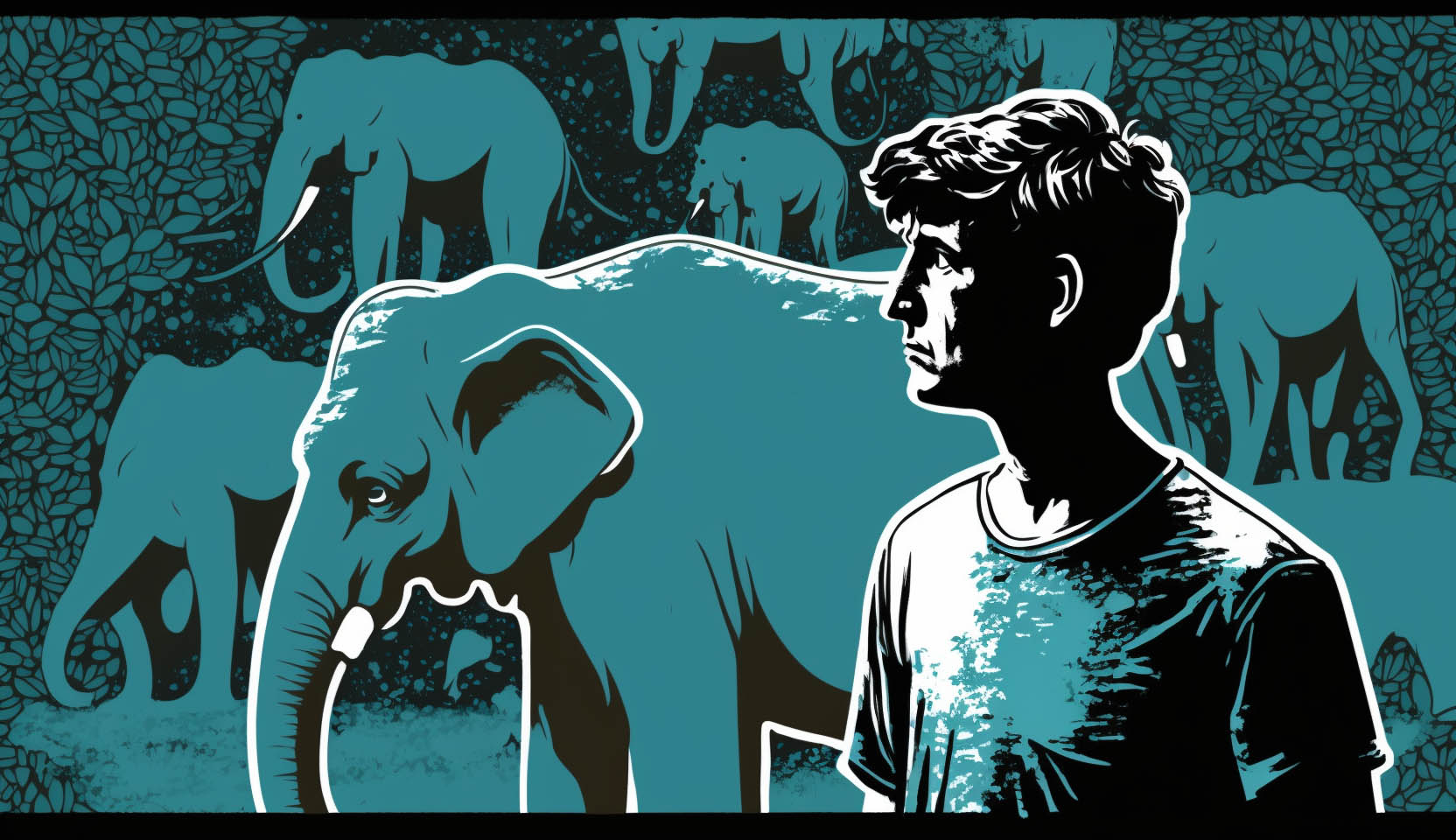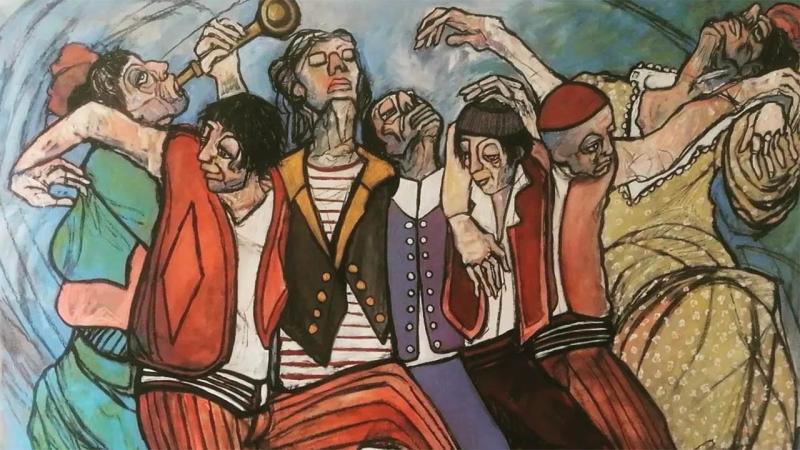The challenge starts like this:
Don't think of elephants!
Bam! Too late. You lost.
You imagined an elephant. Or Dumbo. Or any other pachyderm related to your personal culture. Maybe you imagined an entire herd of them. Shame.
In psychology, this exercise serves to demonstrate that we don't always choose our thoughts. An idea can be planted in your brain without your consent, just as thousands of thoughts are planted every day by those around you, by the media, by the outside world. You have less control over your mind than you think.
But over the past few years, I've been learning to develop an immunity.
Let's be clear: if you talk to me about elephants, I'm going to think about elephants, just like everyone else. But if we had a contest and there was a machine to measure this kind of thing, you'd see that I'm able to stop thinking about it much faster than you.
That's my superpower: not thinking about elephants for too long.
It may sound trivial (dumb?) but this ability allows you me live happier. To have less anxiety, easier social relationships, to be lighter in general. But before I explain why, let me show you how. Because it's very simple.
To stop thinking about elephants, all you have to do is:
- Allow yourself to think about elephants,
- Accept being interrupted,
- Never celebrate.
I'll explain.
The first step is counterintuitive: if you're trying to stop yourself from thinking about elephants, you examine every thought to make sure it doesn't contain any. You see the paradox: it is the process of checking that sustains the idea. Even if you manage to move on, it's the comparison that brings back the elephant.
To get around this trap, the goal is to accept the next idea whatever it is, without judgment or comparison. Elephant? Fine. Tiger? Car? Cheese? Great. Everyone is welcome. This is what I call "accepting to be interrupted": by removing the anti-pachyderm customs and unconditionally receiving what comes, one restores the natural thread of thought, the famous "stream of consciousness" which, when not held back, never lingers too long on the same subject.
The third step is decisive:
Not celebrating means not verifying if you've succeeded. And therefore not to rejoice in a possible victory. For the same paradox would come into play: to certify this victory, you owould have to compare the current thought with the forbidden thought. And bam: here comes the elephant again.
That is the real meaning of "moving on": no longer maintaining the memory that we avoid. Not comparing the present with the past we no longer want. Accepting to be somewhere else, entirely.
Why does this make life easier? Because what works for elephants works for anxiety, for jealousy, for anger. For example, here's my three-step recipe for getting rid of anxiety:
- Allow yourself to be anxious,
- Accept to be interrupted by another emotion,
- Don't celebrate the disappearance of anxiety.
Again, the last step is key: after the battle, you'd like to rejoice in the death of the dragon. Shout that there was a monster here that you've defeated. But merely pronouncing its name makes it come back. Wherever you look for angst - even to check that it's gone - you always find a little.
Hence the importance of moving on and not looking back.
After that, it all depends on what you're looking for in life: to exist as the Great Dragon Slayer in a world infested with them? Or live as a peaceful nobody in a world where they don't exist? For both are possible, and the choice is entirely up to you.







